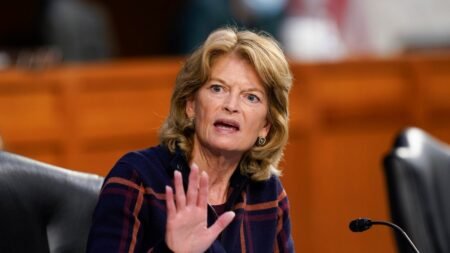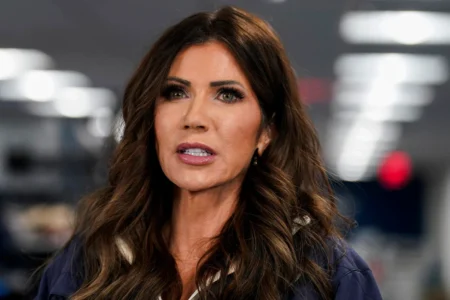Canada’s chance of meeting the August 1 deadline for a trade deal with the United States remains unclear. Prime Minister Mark Carney emphasized his government will only sign an agreement that truly benefits Canadians.
Carney said Tuesday in Huntsville, Ontario, “The Government of Canada will not accept a bad deal.” He added, “Our goal is not to reach a deal at any cost. We want an agreement that is in the best interest of Canadians.”
The prime minister described ongoing talks as “complex negotiations.” He said if no suitable deal is reached, the government will reassess and decide on next steps.
Carney shared these updates at a meeting with provincial premiers in Ontario’s cottage country. The meeting, hosted by Ontario Premier Doug Ford, focused on Canada’s response to the trade conflict triggered by U.S. President Donald Trump.
Carney explained that a good deal would strengthen the long-standing trade ties between Canada and the U.S. It would also keep Canada open to building new trade partnerships worldwide.
“Our phone is ringing off the hook from other countries that want to do more with Canada,” Carney said. “Since becoming prime minister, I have held over 80 bilateral talks with world leaders. Many premiers have joined major trade missions. There are many opportunities ahead.”
Nova Scotia Premier Tim Houston told reporters after the meeting that he is not fixed on the August 1 deadline. His focus is on securing the best deal for Canada, no matter how long it takes.
Houston expressed “tremendous confidence in the prime minister and the team representing Canadians.”
Quebec Premier François Legault said it is “very difficult” to predict whether a deal will be reached by August 1.
“We want the ideal deal,” Legault said. “But what can we expect? You almost have to ask Donald Trump. I’m not even sure he knows what he wants.”
Ford remains optimistic, saying a deal is still “realistic.” He stressed the importance of focusing on what will strengthen Canada’s economy, rather than reacting to Trump’s next moves.
New Brunswick Premier Susan Holt echoed that the priority is getting a good deal, not a quick one.
Carney arrived in Muskoka on Monday evening and joined premiers for dinner at Ford’s cottage after meeting with a bipartisan group of U.S. senators in Ottawa earlier that day.
Before meeting the premiers, Carney explained Canada’s economic response to U.S. tariffs follows two key paths: supporting industries hit hardest by tariffs, including lumber, steel, auto manufacturing, and aluminum; and boosting economic growth by removing internal trade barriers and speeding up approval of major infrastructure projects.
Recent changes, like the passage of Bill C-5 (the One Canadian Economy Act), will make approving projects such as ports, pipelines, and mines easier.
Carney also announced a new federal projects office will open by Labour Day. This office will serve as a single contact point for provinces, companies, and communities seeking approval for large nation-building projects.







